With the 2025/26 tax year now underway, many Self-Assessment taxpayers will be thinking about preparing and submitting their tax returns for the 2024/25 tax year.
Although the filing deadline for online returns 31st January 2026, it is worth remembering that you are not required to wait for this date to come around, and that there are benefits to preparing your tax return early.
Financial planning and budgeting
Submitting your Self-Assessment tax return early on in the tax year can help you to manage your tax bill more effectively, not least because the sooner you file, the sooner you will find out the amount of tax you owe.
With a new financial year stretched out ahead of you, knowledge of your liabilities can enable you to plan and budget better.
Any refunds owed to you can be paid in a timely manner, and you will have more time to calculate any reliefs or allowable expenses that are available to you.
All of this can reduce your tax liability, boost your cash flow and free up essential funds to reinvest into your business.
Proof of income
Submitting your Self-Assessment tax return early provides you with valuable proof of income, which can otherwise be difficult to obtain for self-employed individuals.
Having this proof of income is often essential if you plan to apply for a mortgage, claim benefits, or to open a savings account, for example.
MTD ITSA
From April 2026, freelancers, landlords and sole traders with annual income exceeding £50,000 will be required to comply with digital record-keeping and quarterly reporting requirements under MTD for ITSA.
The income reported in the 2024/25 Self-Assessment tax return is what will determine whether you exceed the threshold, and so how you will be impacted by the next phase of MTD.
Early submission will ensure you know as soon as possible if you are within scope of the April 2026 changes, and so give you ample opportunity to prepare.
It is also worth bearing in mind that the rules will extend to those with income exceeding £30,000 in April 2027, and those with income exceeding £20,000 in April 2028.
Avoid errors and penalties
Finally, leaving your tax return to the last minute can lead to panic, errors, and late submissions that result in penalties from HM Revenue & Customs (HMRC).
This was the case for the more than one million taxpayers who missed the 31 January 2025 deadline this year.
Submitting your tax return at the beginning of the tax year gets it done and out the way, giving you peace of mind and enabling you to focus on other business and financial matters.
Need help submitting your tax return? Contact our experts.










